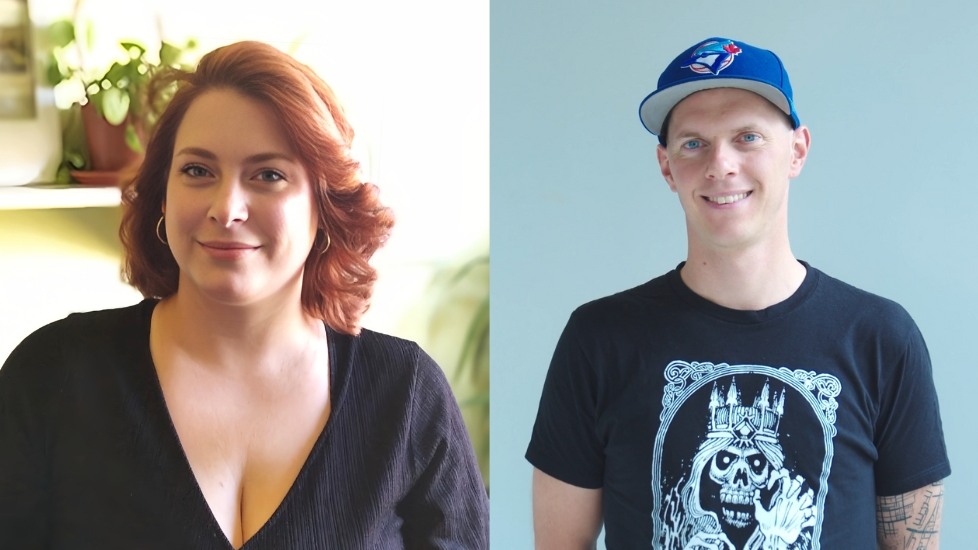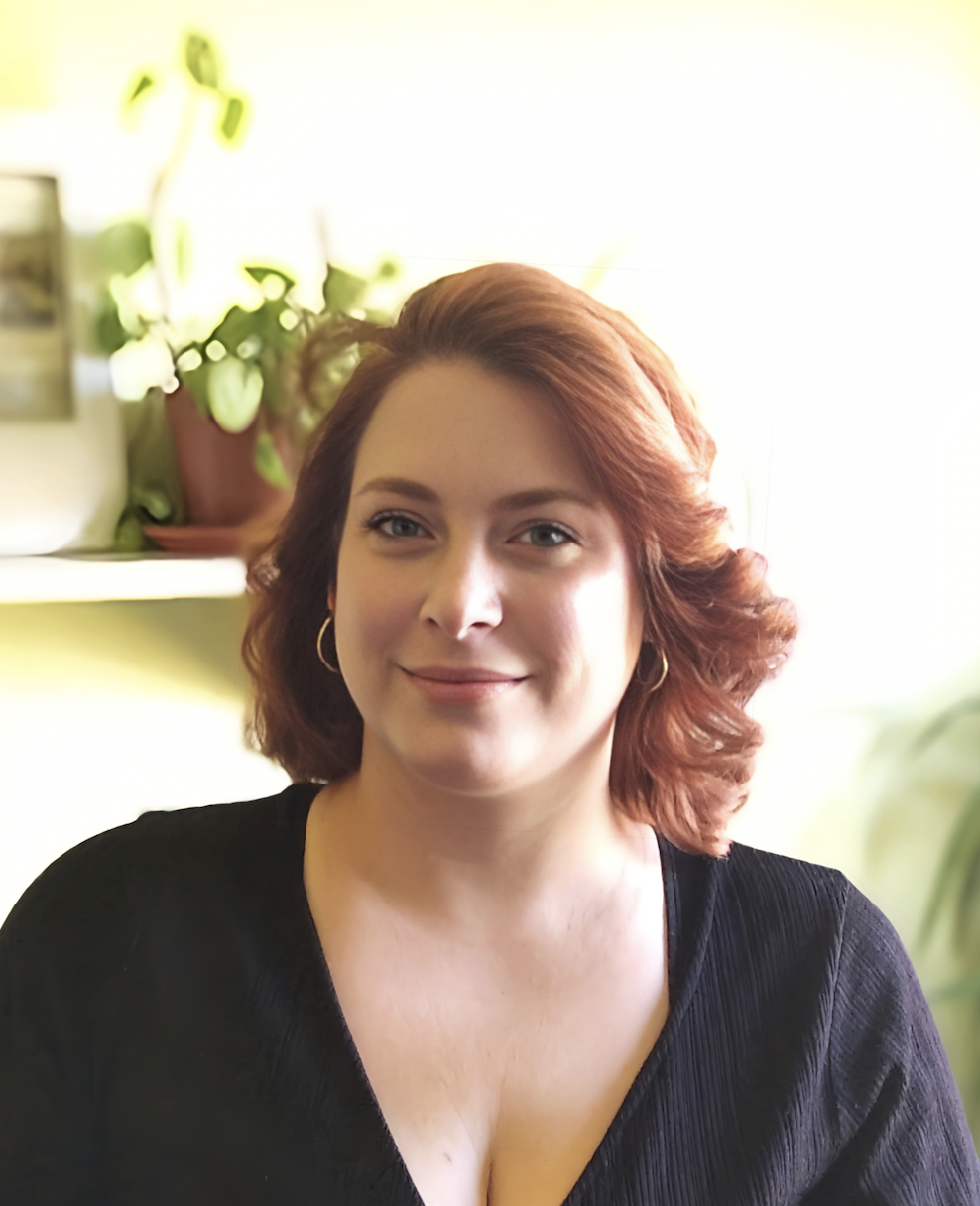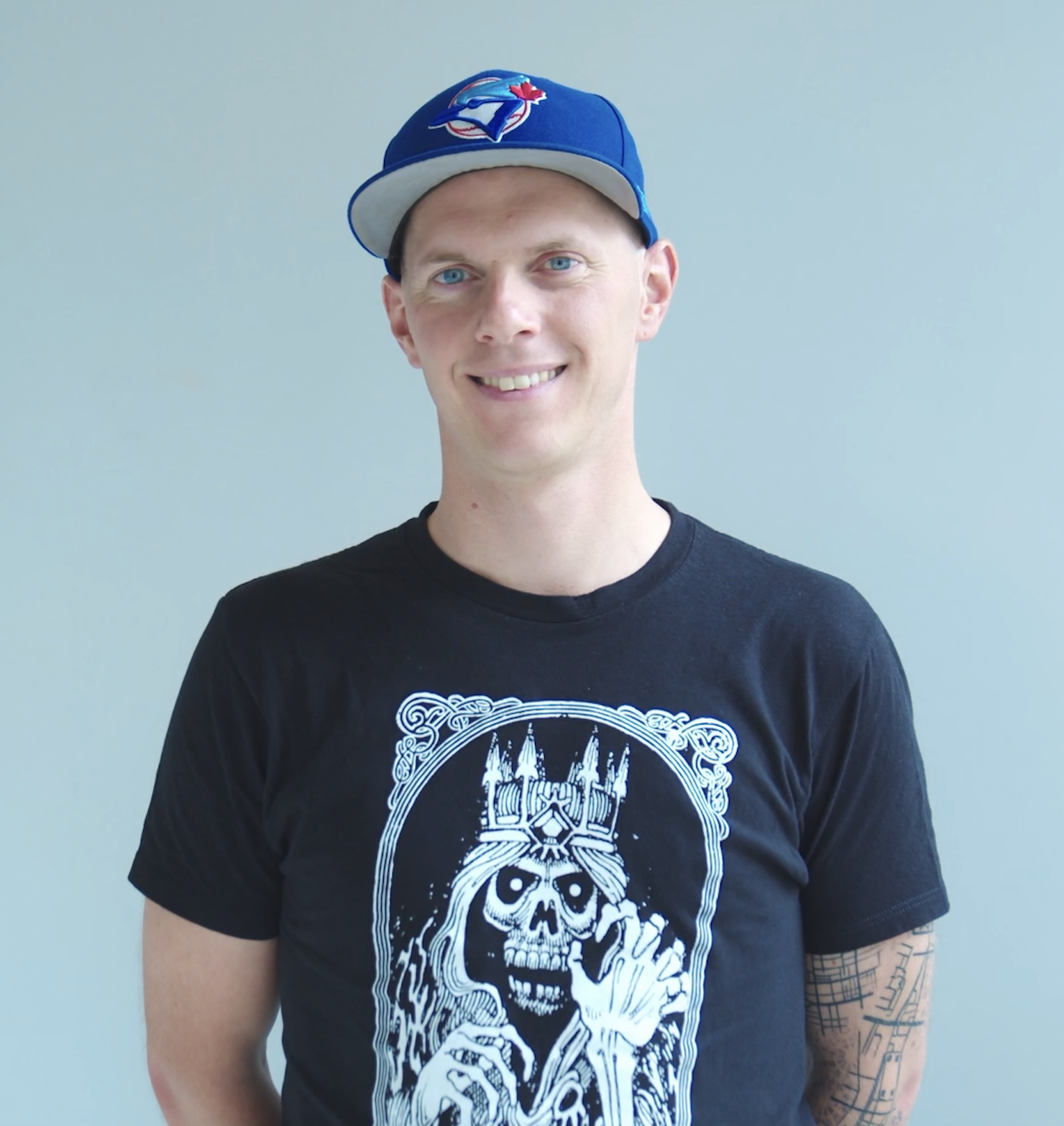"I started my education as a historian at the Autonomous University of Madrid, where I received my Art History degree (2011-2015) and was awarded the Bachelor's Degree Extraordinary Award (2015). I continued it at the Pompeu Fabra University in Barcelona, where I obtained a first-class honours Masters's degree in World History (2015-2016). Since 2017, I have formed part of the Spanish Program of "La Caixa" Foundation doctoral fellowship, which allowed me to undertake doctoral studies at Pompeu Fabra University. There I developed my doctoral research (2017-2021), under the guidance of Professor Linda G. Jones, about the role of Marian devotion in the Castilian colonisation of the former Islamic territory of Al-Andalus and the religious assimilation of the local communities of Mudejars and Moriscos between the 13th century and the 16th century. My research also enquired about the political significance of the evolution of Marian devotion and its role in the articulation of divergent conceptions of Castilian colonial society and the place of religious minorities within it. During my PhD research, I worked as a research staff of the Humanities Department and integrated the research group Ethnographies Cultural Encounters and Religious Missions (ECERM) and since 2021, I have been a member of the international research team working on the project, "Writing Religious, Transcultural, Gendered Identities and Alterities in the Medieval and Early Modern Mediterranean" (Ref. no.: PGC2018-093472-B-C32), funded by the European Regional Development Fund (ERDF), the Spanish Ministry of Science and Innovation and the Spanish State Agency of Investigation (AEI). In April of 2022, I presented my PhD dissertation, "The persuasive power of Maryam: religious proselytism, accommodation and Marian devotion in the Castilian "spiritual conquest" of the south of the Iberian Peninsula (13th-16th centuries)" and received my PhD in History from Pompeu Fabra University. After I received my PhD, I was granted a Marie-Curie Post-Doctoral Fellowship in order to develop a new research project under the supervision of professors Amy Remensnyder (Brown University) and Mercedes García-Arenal (CSIC), that explores the political significance of Marian devotion in the Early Modern Spanish Empire and particularly, its role in the imperial management of native communities of indios and moriscos and the articulation of natives strategies to vindicate their place in the colonial regimen and the value of its lineage, culture and memory in the imperial framework.
As a researcher, I am particularly interested in studying colonisation, cultural encounters, collective processes of cultural and religious transformation and the politics of devotional culture. My research considers especially the development of forms of religious proselytism and accommodation as a tool of cultural, political and territorial domination and the agency of subaltern communities and elites in the configuration of multiple “native” identities and strategies to subvert hegemonic power. In the last years, my research has focused on the role of the Marian cult in the Castilian colonisation of Al-Andalus, the religious assimilation of the “native” Islamic communities of Mudejars and Moriscos and its integration into the Castilian colonial project. More particularly, my research has explored the role of the Virgin in the Castilian colonial dominion over the Andalusian territory during the reign of Alphonso the Wise (2019), the Hieronymite appropriation of Sufi devotional topoi in the miracle collection of the Virgin of Guadalupe (2019), and the importance of Marian devotional literature and images in the missional policy of Fray Hernando de Talavera among the Moriscos of Granada (2020). My most recent work analyses the impact of Marian devotion in the evolution of the social perception of Mudejar and Morisco women from their image as agents of the spiritual renovation of the Islamic population to their conception as "breeders" of crypto-Islamic "heresy" (2022).
My current research project at Brown, seeks to expand my previous research, proposing a “political” reading of the development of Marian devotion in the Iberian Peninsula and its American colonies, which enquires how its particular characteristics and evolution reflected the progressive transformation of the Spanish imperial project and encoded diverse conceptions of the colonial regime and the role of “native” communities of “Moriscos” and “Indios” in the imperial fabric.
Unlike previous studies, my research project focuses on the analysis of the political implications of the Marian cult in the Early Modern Iberian World by enquiring about its role in the configuration and evolution of the Spanish colonial project and the place of "native" communities in the Spanish Empire. In this direction, my project seeks to determine how the parallel evolution of devotional culture in the Spanish imperial domains reflected significant changes in the collective perception of "Moriscos" and "Indios", the role of cultural and religious diversity in the imperial framework as well as the political agency of "native" communities in colonial society. From this perspective, my research analyses the transformation of Marian devotion not only as the result of the homogenising pressure of the Spanish Empire and the Counterreformation but also enquires how they were linked to the progressive erosion of “native” political authority and “symbolic power”, and their relegation to the background of colonial society. In this way, my research understands the emergence of different expressions of the Marian cult in this context as a result of a “struggle for interpretative power” (Franco 1992), that, although influenced by global phenomena, such as the formation of the Modern States and the implementation of post-Tridentine religious policy, was exacerbated in the Spanish Empire by the dynamics of colonialism and the configuration of colonial society as “contact zone” (Louis Pratt, 1991), in which different cultural and religious traditions coexisted. The project investigates how the evolution of Marian devotion in both contexts was related to the colonial search for interpretative "monopoly" and the hardening of the colonial regime.
During my experience as a Postdoc between Brown and the CSIC, I hope not only to advance the comparative study of Moriscos and Indios and reveal new information about the similar use by “Indios” and “Moriscos” of Marian devotion as a “political” tool in their struggle for power and influence in the Spanish Empire but also to connect with a wide network of experts that will help me to deepen and expand my education as a researcher."
"I have an M.A. in history and comparative literature and a Ph.D. in comparative literature. I received both degrees from Charles University in Prague. In addition, my focus on historical methodology led me to several stays at the École des Hautes Etudes en Sciences Sociales in Paris and at the Fonds Ricoeur archive.
My main interests are historical methodology and the history of science. I have written about the uses and abuses of psychology-related sciences in Czechoslovakia, and I am now focusing on the development of the concept of "deep time" in history, geology, and paleontology over the last 200 years. This theme stems from my other passion, which is the temporality and poetics of historiography, and how historical writing communicates with its readers.
I also worked in the field of history education in primary and secondary schools. To help teachers convey the traumatic Eastern European past to the students, I helped develop the HistoryLab and Socialism Realised learning tools - which I am happy to invite you to explore.
Since the worlds of geology and paleontology are new to me, I hope to delve into their intricacies and discover what relationship they maintain and have maintained with historiography. In the long run, I would like to better understand what we think when we think in long stretches of time and project our past (or future, for that matter) on the scale of centuries, millenia, and beyond."

 Amanda Valdés Sánchez
Amanda Valdés Sánchez Josef Řídký
Josef Řídký